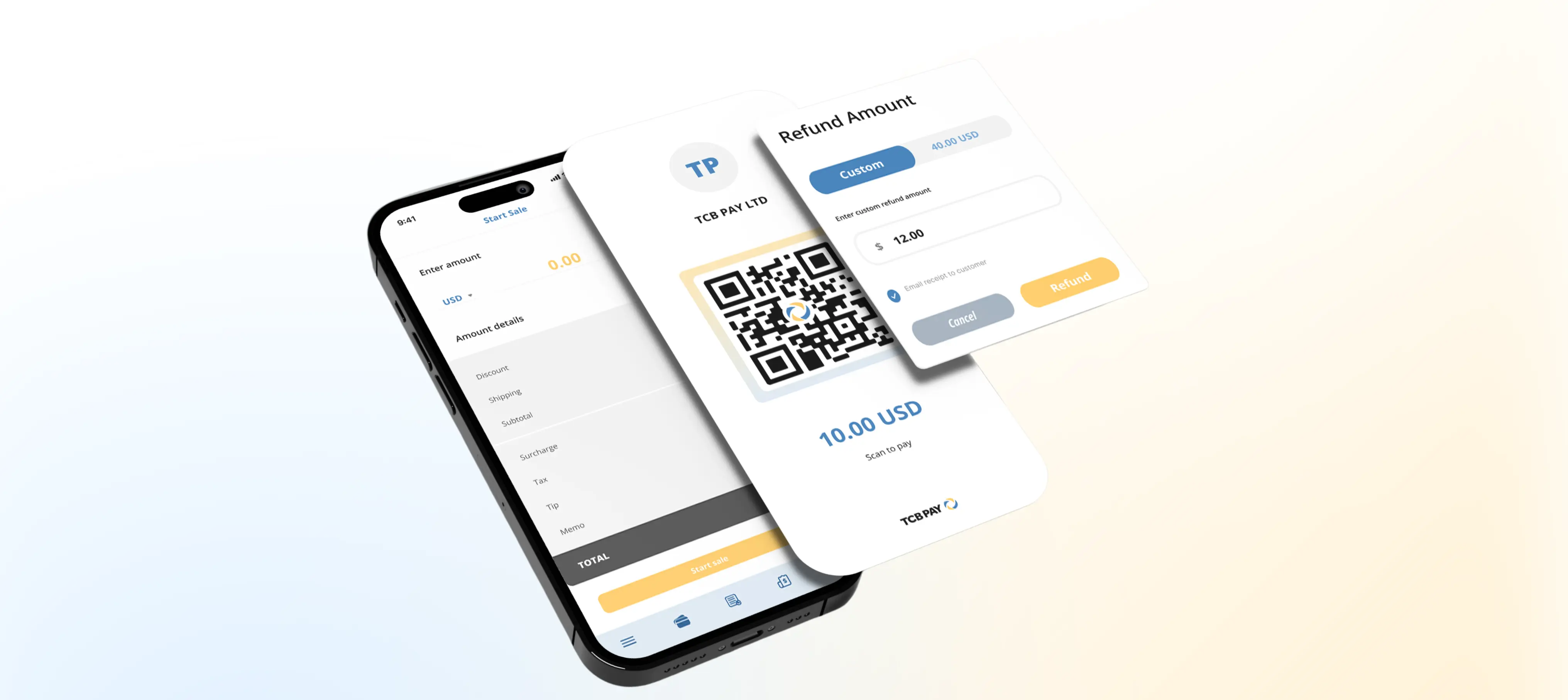As a software developer at TCB Pay—and someone who basically runs on espresso and tight deadlines—I’ve come to realize something that most users never think about: APIs are the real MVPs of fintech. They’re not flashy. They don’t get headlines. But without them, your favorite finance apps would crash and burn faster than a cookie in hot coffee.
So What Is an API?
In plain English, an API (Application Programming Interface) is like your favorite barista. You walk up and place a detailed order—maybe a vanilla oat latte with a double shot—and without knowing the behind-the-scenes process, you’re handed the exact drink you wanted.
That’s what an API does. It’s a messenger between systems. Your fintech app (whether it’s a budgeting tool, peer-to-peer payment service, or digital bank) says, “Hey bank, I need this data,” and the API makes it happen—cleanly, securely, and in real time.
How Fintech Relies on APIs
From mobile banking to crypto wallets to AI-powered credit scoring, every major fintech platform relies heavily on APIs. They're what allow apps to:
-
Connect to multiple financial institutions
-
Process payments in milliseconds
-
Display real-time balances and transaction history
-
Authenticate users securely
-
Detect fraud instantly using third-party intelligence
At TCB Pay, we use APIs to power every part of our infrastructure—from merchant onboarding to real-time transaction routing. For businesses, that means fewer errors, faster approvals, and a smoother experience for end users.
Why API Integration Matters
Behind the scenes, a single tap to "Send $50" might trigger dozens of API calls—from identity verification to funds transfer to SMS confirmation. The ability to seamlessly integrate APIs into one unified experience is what separates great fintech apps from the ones you uninstall after five minutes.
Here’s the best part: APIs aren’t just for developers. Their magic translates to the end user as convenience, speed, and trust.
The Future of Fintech is API-Driven
The fintech world is moving fast. Open banking, real-time payments, AI-driven underwriting—all of it depends on strong API ecosystems. Developers who understand how to build and scale with APIs are the ones shaping the future of finance.
So the next time you split a bill, check your investment portfolio, or swipe your TCB Pay corporate card, just remember: an API is working quietly behind the scenes, making the magic happen.
Because great code—like great coffee—should feel effortless


 Back to all articles
Back to all articles






